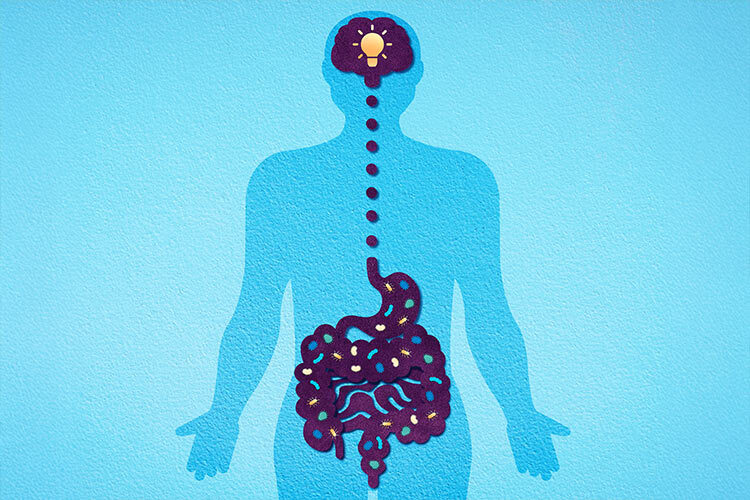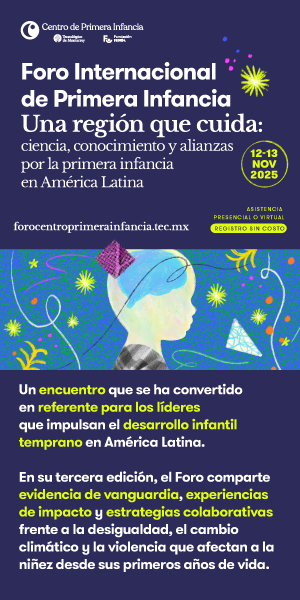There are a few things that unite us as much as our love for tacos. However, studies about their impact on the metabolism of those who eat them are limited. New research suggests that the type of taco and its amount of fat determine how digestible and beneficial they are to our health.
Understanding the metabolic effects of socially relevant foods—like tacos—is essential because the global rise in obesity and type 2 diabetes has been linked with high-glycemic and low-fiber diets.
“In Mexico, we have many foods that are deep-fried,” said Julián de la Rosa, research professor at the School of Engineering and Sciences (EIC), during his presentation, Influence of Lipid Addition on the Digestibility Profile and Hormonal Response of Nixtamalized Corn Tortillas, at the Tec Talks at the 2025 International Congress on Obesity Research.
Nixtamalized corn, from which the tortillas we wrap tacos in are made, is primarily composed of starch, a plant-based carbohydrate whose digestibility changes when mixed with fats, such as oil, according to the expert.
Excess fat can lead to metabolic diseases, while the presence of fat, in the right amount, can promote satiety. Therefore, it was important for de la Rosa to understand which types of tacos are best for promoting a healthy diet.
To achieve this, he designed an experiment in which he performed chemical and molecular analyses of different variations of tacos. “This can help people make informed decisions about the foods they consume regularly,” the researcher said.
Removing Excess Fat From our Tacos is Probably Sound Advice
The study analyzed the chemical composition, digestibility, hormonal response, and presence of relevant molecules in different types of tacos.
The experimental design included tacos made with five different types of nixtamalized corn flour (white, yellow, blue, “antojitos”, and “tamal”), four types of filling (chicharron, beef skirt, mashed potatoes, and bean puree), and three treatments (plan taco with no oil, whole fat taco, submerged in hot oil and steam cooked (known as “taco de canasta”, and patted dry tacos, which were the same as full fat tacos, but dry-patted with a paper napkin).
They found that full-fat tacos reduced the levels of ghrelin, a hormone that stimulates appetite, in the blood and increased GLP-1 and insulin, two hormones that regulate blood glucose.
“In terms of digestion, the high-fat tacos had a higher amount of slowly digestible starch,” de la Rosa said.
They also found that bean puree was the filling with the best markers for digestion and satiety, while the patted dry tacos had the greatest hormonal benefits and lowest lipid (better known as fat) content.
“The recommendation to dry pat your taco a little isn’t that bad,” de la Rosa said.
Thus, their study suggests that the interaction between the tortillas’ starch and the oil’s fats modifies how digestible a taco is. This supports the notion that health-promoting taco formulations can be developed.
“This has nothing to do with promoting fat consumption; that’s a completely different issue,” the researcher said. “We show that culinary practices involving traditional foods can be nutritionally optimized.”
Were you interested in this story? Would you like to publish it? Contact our content editor to learn more: marianaleonm@tec.mx

















